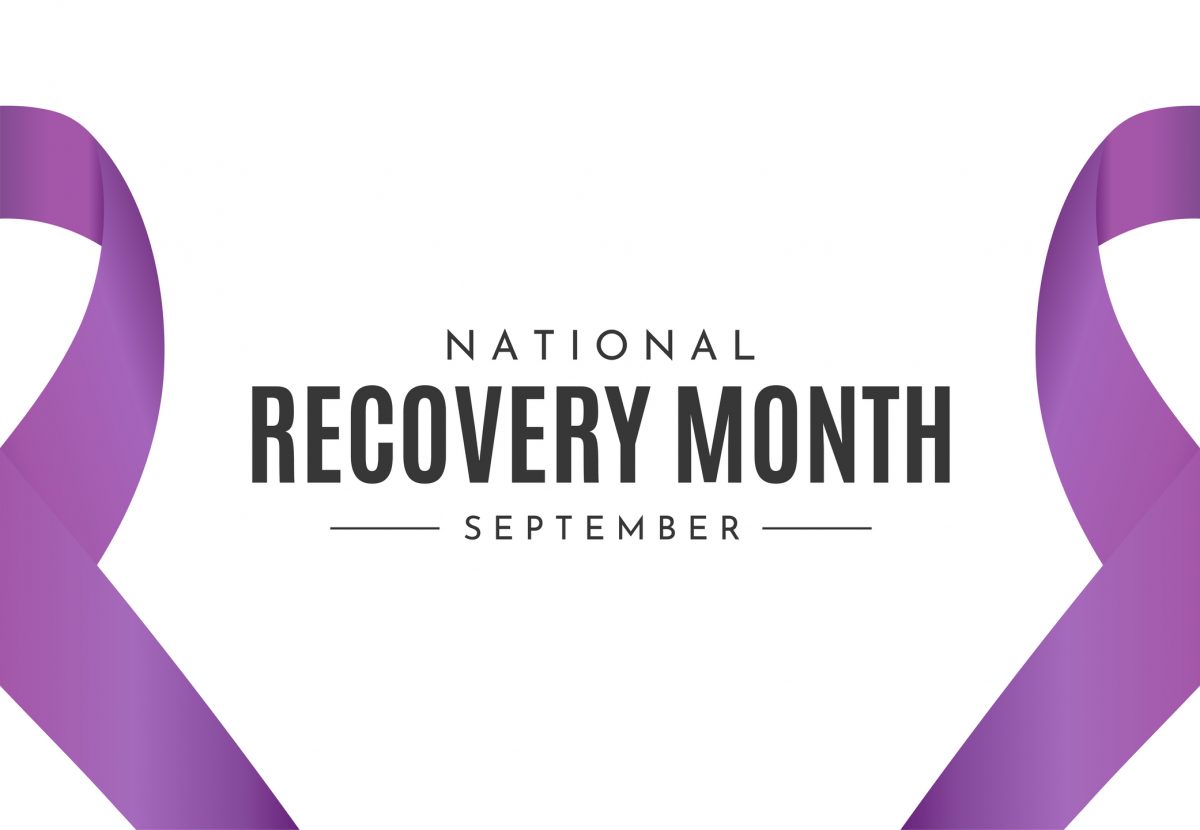Celebrating Hispanic Heritage Month
By Ashley Barnes About Hispanic Heritage Month. Hispanic Heritage Month is celebrated in the United States on September 15th – October 15th, beginning “in the middle rather than the start of September because it coincides with national independence days in several Latin American countries: Guatemala, Honduras, El Salvador, Nicaragua and Costa Rica celebrate theirs on Sept. 15, followed by Mexico on Sept. 16, Chile on Sept. 18 and Belize on Sept. 21” (Pew Research Center, 2021). The celebratory month recognizes the incredible ways that Hispanic individuals and communities have contributed and influenced the culture, history, and achievements of the United States. It is important that readers understand the vast umbrella term that the word “Hispanic” is, as within the Hispanic community are many subcommunities with distinct identities and experiences. The U.S. Office of Management and Budget (OMB) defines “Hispanic or Latino” as a person of “Cuban, Mexican, Puerto Rican, South …





